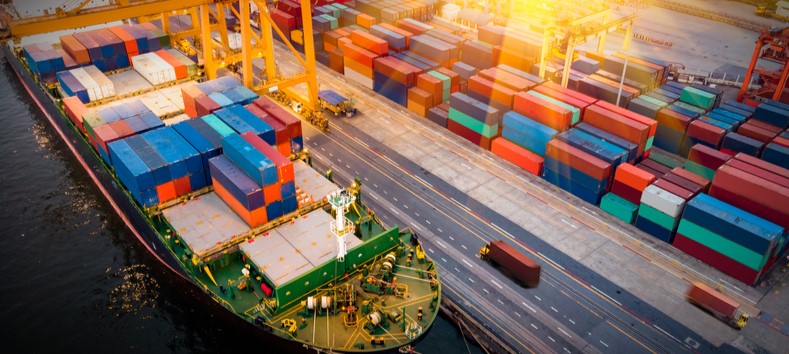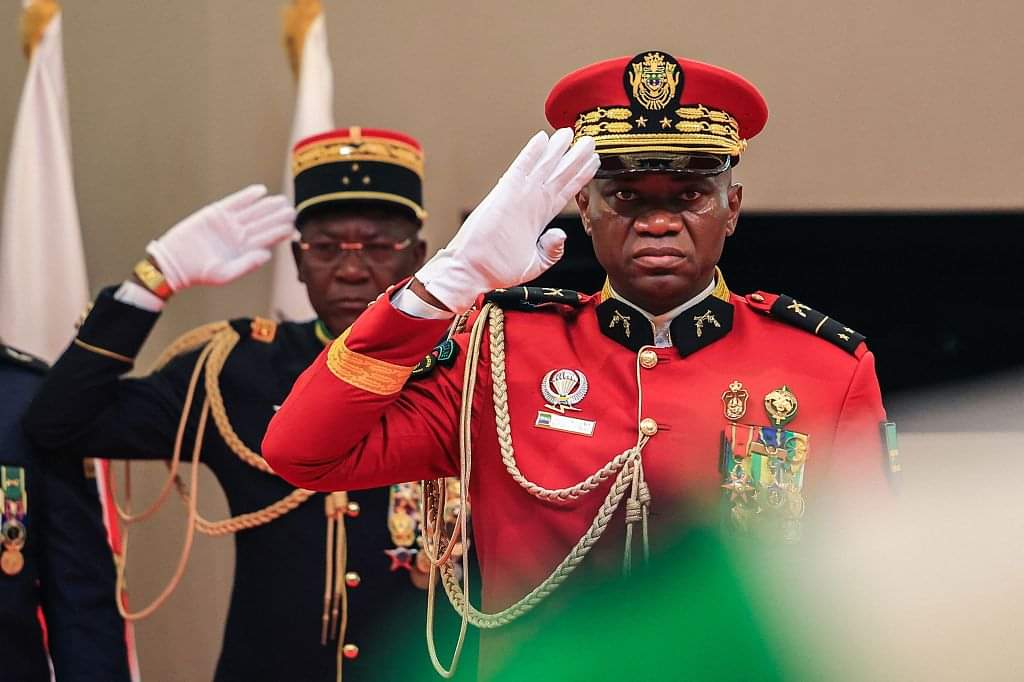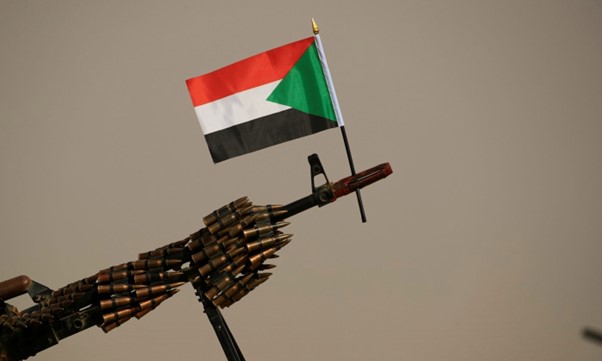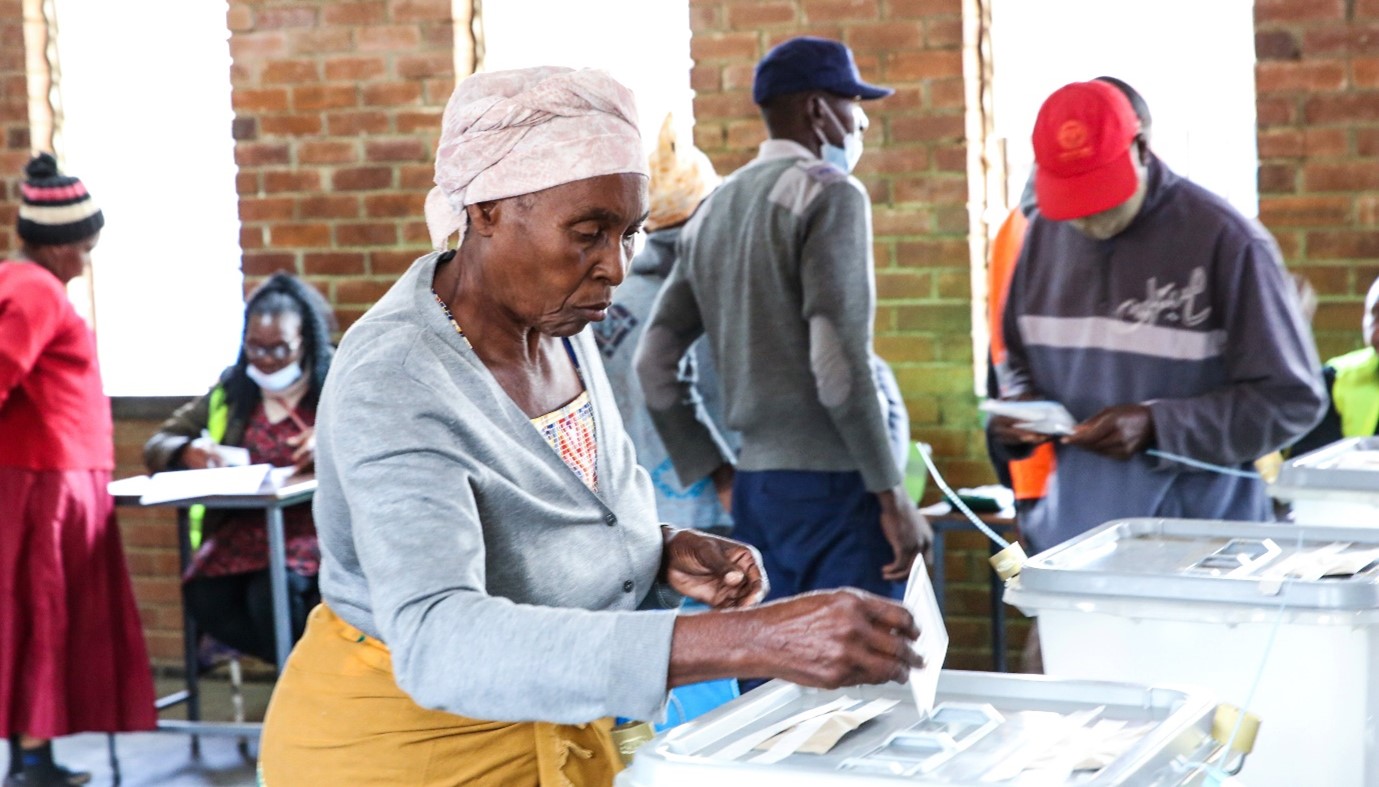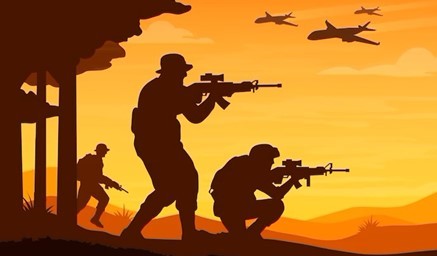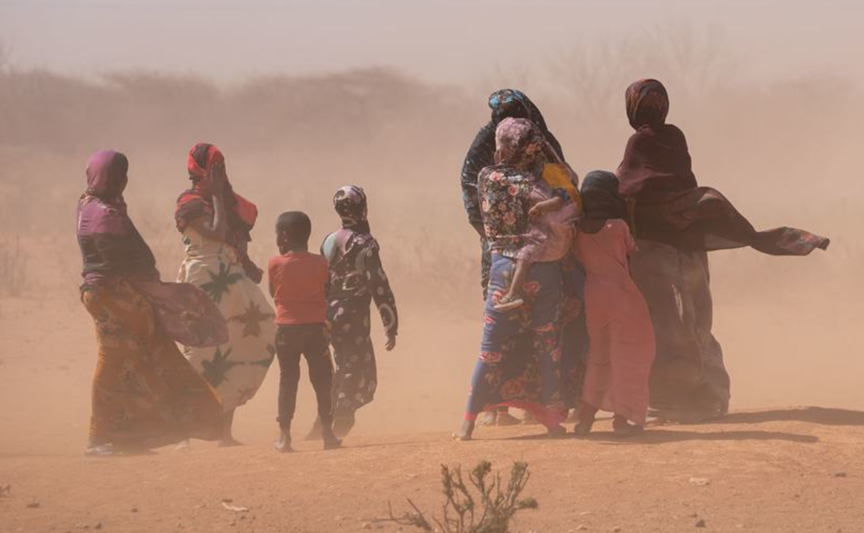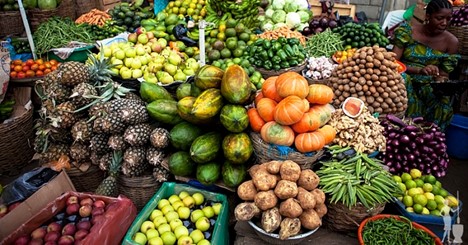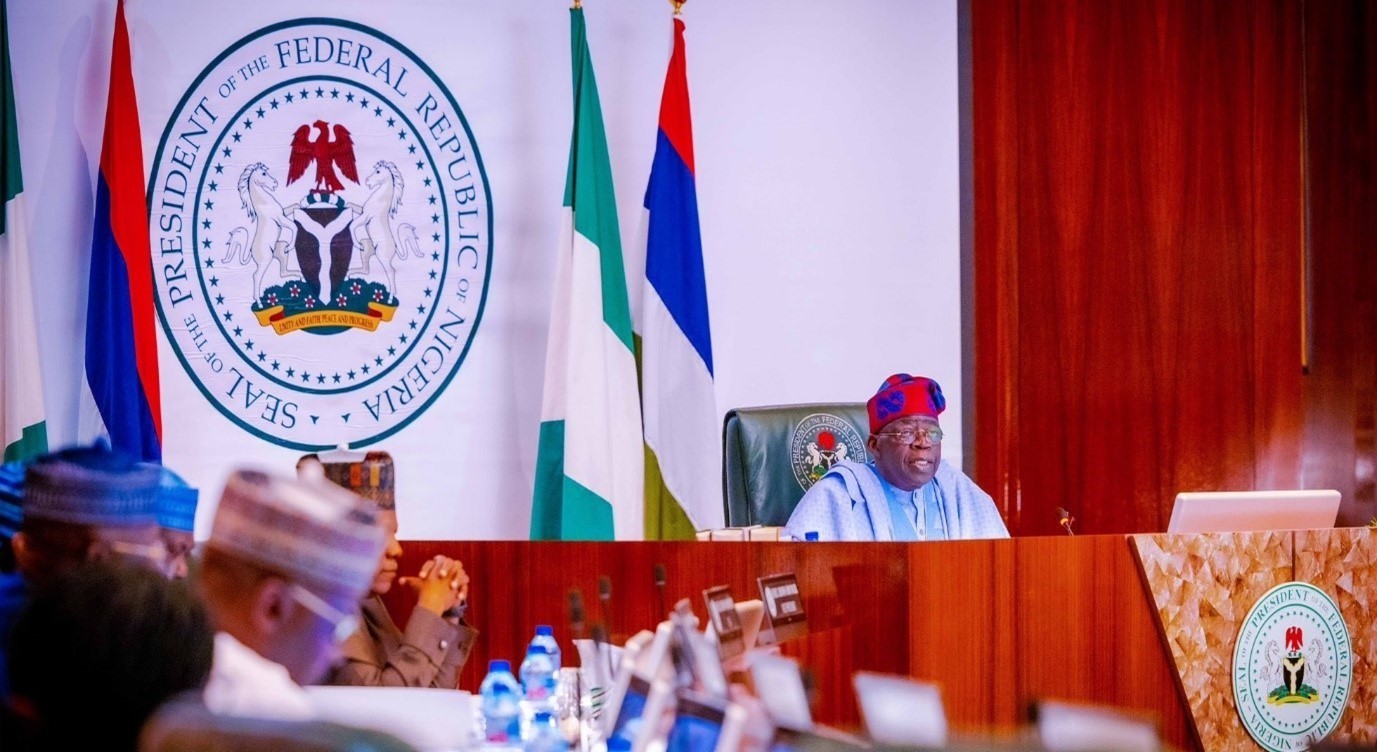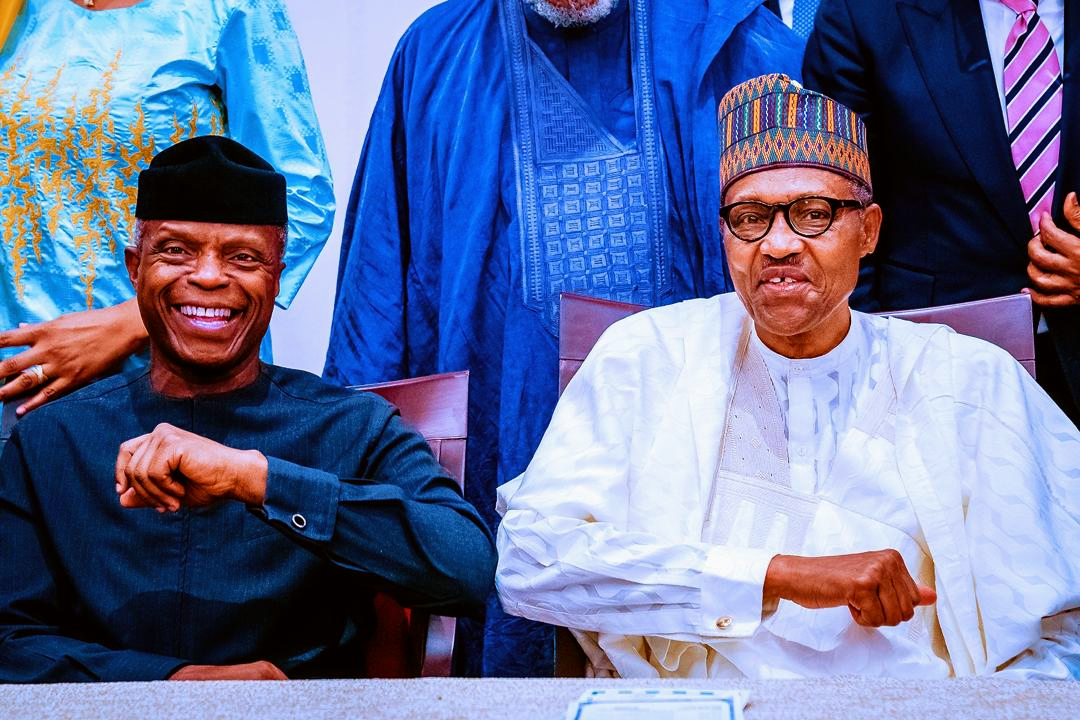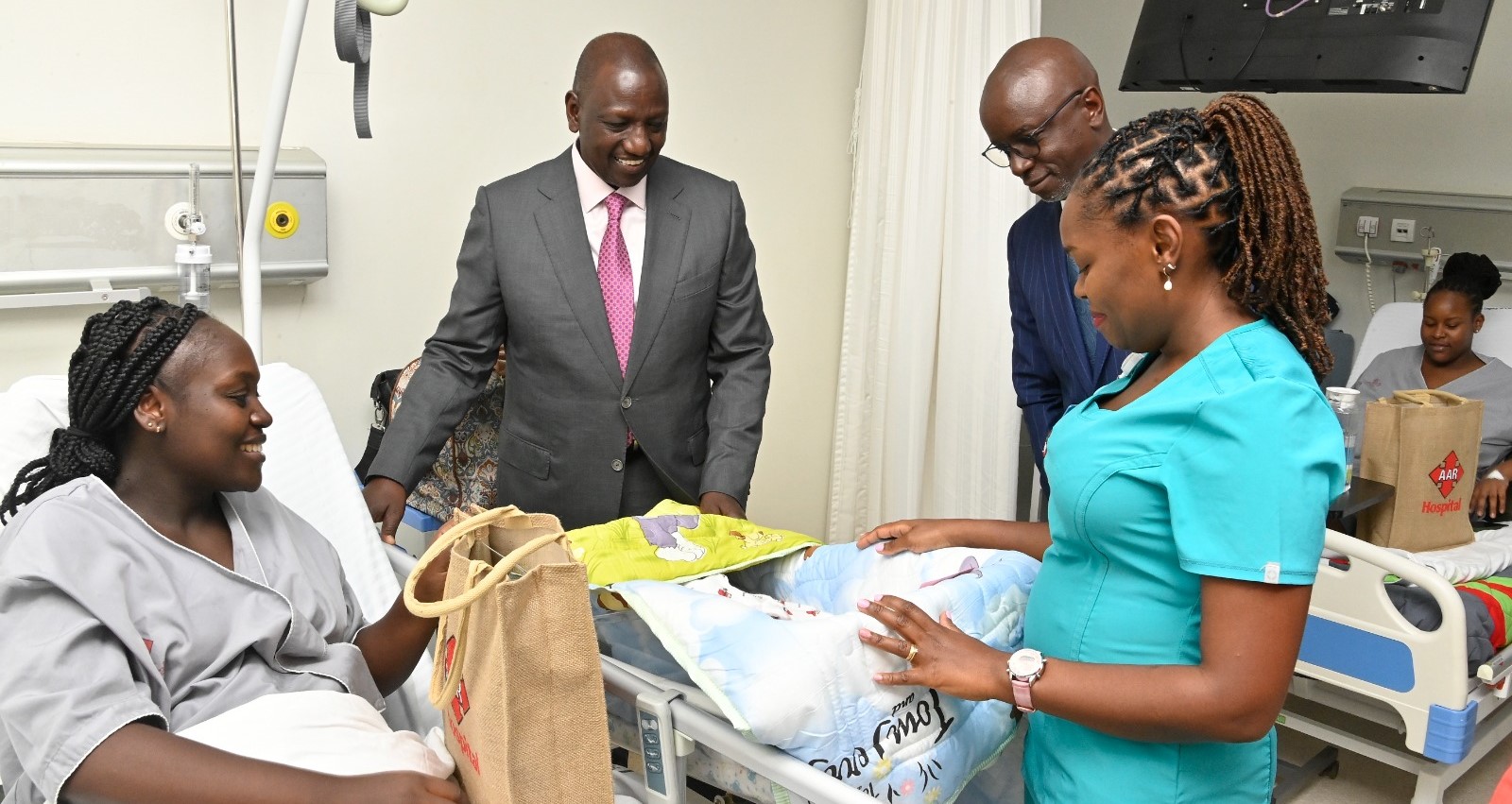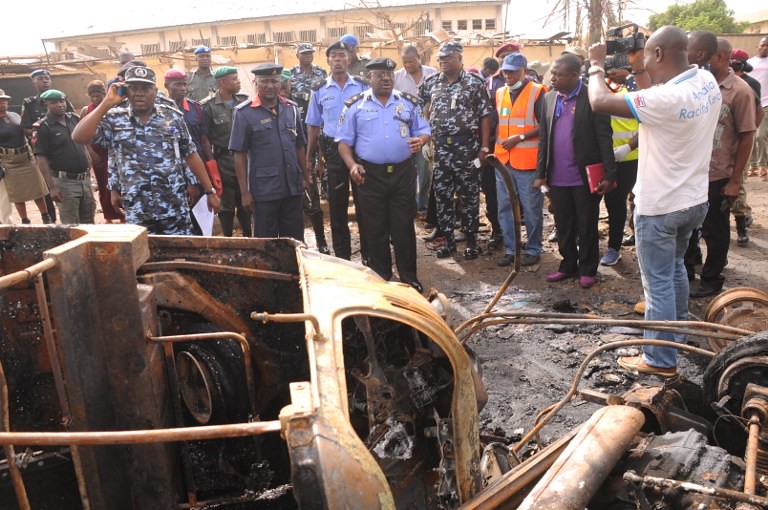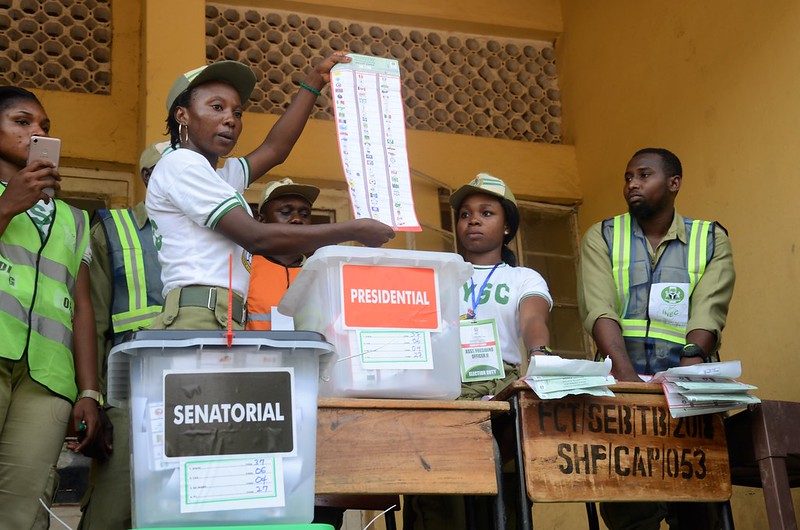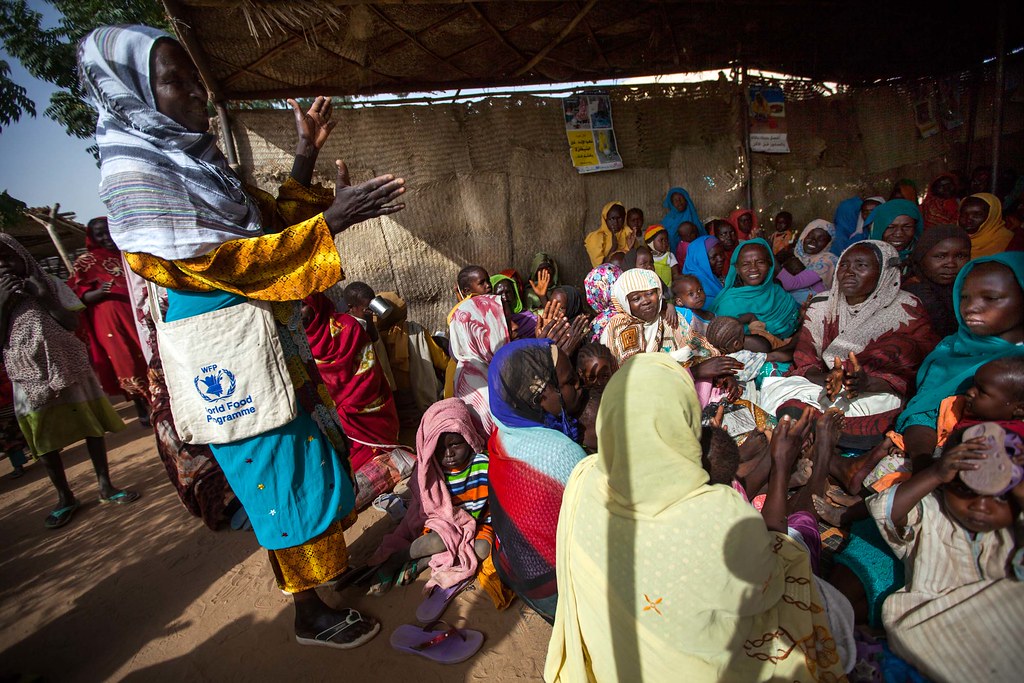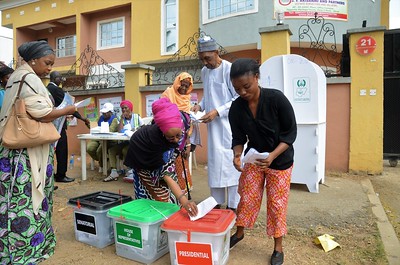28 Results Found
April 19, 2024 Add to library
Q1, 2024: When Food Scarcity Trumped Non-Oil Exports Policy
President Tinubu's administration has repeatedly declared the promotion of non-oil exports as a key objective, but the jury is still out on whether sufficient priority is being accorded to the sector. A clear strategy / roadmap for promotion and protection of the non-oil sector that stakeholders can rely on (and hold government accountable to) is lacking. Evidence of the disconnect between policy intentions and actual operations of key government stakeholders came to fore in the past few months.
Read MoreFebruary 28, 2024 Add to library
Nigeria Imposes Additional Levy on Employers of Expatriate Workers
On 27th February 2024, the President of Nigeria, Bola Ahmed Tinubu, approved the implementation of an annual Expatriate Employment Levy Scheme (the “EEL Scheme”). The principal effect of the EEL Scheme is that a private company or other private sector organisation in Nigeria that engages expatriate workers for a period equal to 183 days or more within a fiscal year, is required to pay an annual expatriate employment levy (the “levy”) to the Nigerian government in the sum of USD15,000 (for directors) and USD10,000 (for other expatriates i.e. non-directors). In our policy brief, we highlight the impact / things to note and assess the purported objectives of the EEL Scheme vis-s-vis the details set out in the EEL operational guidelines published by the Ministry of Interior. We also share our insight on recent foreign-investment related actions by the Ministry.
Read MoreFebruary 28, 2024 Add to library
The Long Road Ahead for State Police in Nigeria
Recently, a Bill for the creation of state police was introduced in the House of Representatives, Nigeria's lower federal legislative house. The bill is supported by several merits. Firstly, it addresses the issue of over-centralization within the current structure of the Nigerian Police Force (NPF), which creates a bureaucracy that hampers quick reactions to security threats. However, apprehensions have been raised regarding potential abuse of this power by political leaders. Moreover, there are regulatory hurdles to overcome. Presently, the Nigerian Constitution and other legislation restrict states from forming their own localized police forces.
Read MoreSeptember 5, 2023 Add to library
Africa: Coups are on the rise, but proactive policies can restore faith in democracy
Military officers in Libreville, Gabon announced control of the country after the incumbent president, Ali Bongo was declared the winner of the 26 August Presidential elections. The military officers headed by General Brice Nguema – now the transitional leader—declared themselves the Committee for the Transition and Restoration of Institutions. The announcement was met with jubilations across the country as citizens celebrated the end of the Bongo family’s 56-year rule. This article provides an an in-depth analysis of the new wave of military coups in Africa and recommendations to restore faith in democracy on the continent.
Read MoreAugust 29, 2023 Add to library
Sudan Conflict: No Peace in Sight
This newsletter edition provides a brief update on the Sudan Conflict. It highlights the current situation in the country since fighting broke out between the rival forces in mid-April and also provides recommendations to resolve the conflict.
Read MoreAugust 29, 2023 Add to library
Zimbabwe’s Election Challenges and New Carbon Trading Law
In this newsletter edition, we highlight the challenges faced during the 2023 Zimbabwe’s elections and the newly debuted Zimbabwe Carbon Trading Law.
Read MoreMay 29, 2023 Add to library
Another Failed Attempt to End the Violence in Sudan
Several attempts have been made to reach a truce, but each has stalled out. Failing to reach a lasting truce this time punctures the relative peace present in the capital, Khartoum, and further worsens the humanitarian crisis. The biggest challenge is the fact that this power struggle pits two sizable and quasi-independent armed forces against each other. With this in mind, there are some strategies highlighted in this article that could make the warring sides come to the bargaining table in good faith.
Read MoreJune 5, 2023 Add to library
Tigray Truce Has Not Calmed Situation in Ethiopia
Since November 2020, when armed conflict broke out, Tigrayans in Western Tigray have been subjected to torture, arbitrary detention, and forced deportation by local authorities and Amhara forces in Ethiopia's northern Tigray region. This is part of an ethnic cleansing campaign by the group to forcibly expel Tigrayans from the zone. While measures by the Ethiopian government have proven to be ineffective and less transparent. This article highlights key recommendations that could help calm the situation in Western Tigray.
Read MoreJuly 18, 2023 Add to library
Current State of Food Security in Africa
This article analyzes the state of food security and nutrition in Africa. It also looks at the progress made towards the global nutrition targets.
Read MoreAugust 15, 2023 Add to library
Niger Coup: ECOWAS Rolls Out More Measures to Restore Democracy in Niger
In a previous edition, we discussed the latest military takeover in West Africa. It’s more than two weeks since the military led by General Abdourahmane Tchiani seized power from Niger's President Mohamed Bazoum, who has been held hostage since the power grab. This action has been widely condemned by the international community, with sanctions imposed on the country by the regional bloc, the United States and France, among others. In this article, we looked at the sanctions that have been imposed on Niger since the coup.
Read MoreAugust 15, 2023 Add to library
Ruto Begins Talks with Opposition to End Incessant Protests in Kenya
After months of political tension and opposition protests over the cost of living, tax increases, and lack of electoral and constitutional reforms, last week Ruto accepted dialogue with the main opposition led by Veteran leader Raila Odinga. Throughout the six months of protest, which began in March 2023, over 20 people have been killed in clashes between protesters and the police across the country. Additionally, the protest has slowed down business and economic activity, especially in the informal sector. In one estimate, each day of the protest cost the economy US$21 million.
Read MoreAugust 15, 2023 Add to library
Nigerian Senate Confirms President Tinubu’s Ministerial Nominees
The Senate confirmation is part of the constitutional requirements to certify the competence and capacity of nominees prior to their appointment as ministers. While the process last week is commendable as all nominees were publicly screened, there are several public and policy concerns that should be addressed in future ministerial nomination and confirmation processes.
Read MoreJune 21, 2023 Add to library
Reviewing Buhari’s Administration Cash Transfer Policy
President Muhammadu Buhari established a Conditional Cash Transfer (CCT) programme as part of the broad 2016 Social Intervention Scheme, part of a key campaign promise to reduce poverty through robust social intervention. The Minister of Humanitarian Affairs emphasized the success of the CCT stating in a press brief, that since 2015, over 1 million households (7 million persons) have benefited. However, looking at the overall data, the number of Nigerians in poverty has increased, from 40.1 percent in 2015 to 45 percent in 2023. This data suggests poor households are no better off now compared to 2015. In this article, we discuss some issues and challenges for this.
Read MoreMarch 31, 2023 Add to library
How Has Kenyan President William Ruto Fared Six Months Into His Tenure?
Elected on the promise of a "Bottom-Up Economic Transformation," President Ruto has taken several early actions in line with his pledges of economic transformation. He recently promised a KES50 billion annual commitment to the Hustlers Fund initiative —a financial inclusion fund to provide affordable credit to businesses, aimed at boosting economic growth and employment. He has also kept his promise on the housing and settlement plan by launching several affordable housing projects across the country.
Read MoreMarch 2, 2023 Add to library
INEC’s Failures Define the Nigerian General Elections
The All Progressives Congress’ Bola Tinubu has been announced as the President-elect and the victor of this process. Given the range of problems, it’s likely that this result will be contested by the other major parties and disputed by a significant share of the public. In fact, the People’s Democratic Party, Labour Party and New Nigeria People’s Party have already called on INEC to cancel the results and hold fresh elections. That’s a demand that will most likely not be met, leaving the convoluted electoral dispute resolution process at the Courts as their only real recourse.
Read MoreFebruary 22, 2023 Add to library
Electoral Violence: A Threat to Safe & Credible Elections in 2023
As Nigerians vote in the general elections this weekend, the public expects the process to be more credible than previous elections given the new Electoral Act, which has been designed to address the disenfranchisement of citizens and ensure fairness, credibility, and transparency in Nigerian elections. However, there are still concerns about the state of insecurity in the country. For instance, recent security warnings from the United State Embassy and Consulate in Nigeria advising their citizens not to travel to 15 states in the country due to insecurity— crime, terrorism, civil unrest, and kidnapping—have exacerbated public fears. In what follows, we take a brief look at the historical issues of electoral violence in Nigeria, how these issues might pose a threat to the 2023 elections, and the measures that can be taken by the Independent National Electoral Commission (INEC) and security agencies to prevent violence in during the 2023 elections and in future elections.
Read MoreFebruary 22, 2023 Add to library
Looking Forward to Nigeria’s General Elections: What are the Big Issues?
On February 25 and March 11, 2023, Nigerians will vote in the presidential and gubernatorial elections following a competitive electoral campaign where national issues such as unemployment, inflation, fuel scarcity, insecurity, fuel subsidy and theft, public sector corruption, and university lecturers’ strikes have dominated public discussions. The All Progressives Congress’ Bola Ahmed Tinubu, the People’s Democratic Party’s Atiku Abubakar and the Labour Party’s Peter Obi are the major candidates heading into the weekend polls, with the New Nigeria People’s Party’s Rabiu Kwankwaso playing the role of spoiler. While Nigerians would no doubt appreciate the fervour with which candidates have shared their plans with them, several other factors will play a key role in shaping the outcome of the elections. We consider these factors briefly.
Read MoreFebruary 21, 2023 Add to library
Presidential Candidates and Their Lofty Plans
Ahead of this year’s general elections in Nigeria, presidential candidates have released their manifestos to tackle a host of issues from the economy and energy to national security. In this article we explore each of these three pillars—economy, energy, and national security—in depth.
Read MoreNovember 30, 2022 Add to library
A New Approach to Addressing Nigeria’s Malnutrition Challenge
Due to the multidisciplinary nature of nutrition, combating malnutrition in all its forms at both national and subnational levels requires a holistic approach that is multisectoral. Multisectoral collaboration for food and nutrition can pull together all stakeholders in relevant issue areas to ensure a better understanding of the situation, come up with solutions, and take broader actions against malnutrition in the country. That is the rationale behind the adoption of the National Multisectoral Plan of Action for Food and Nutrition (NMPFAN) analyzed in this article.
Read MoreSeptember 22, 2022 Add to library
Nigeria’s 2023 Elections: policy options to address voter apathy
Historical data indicate low citizen participation in voting since Nigeria’s return to democratic governance in 1999. The data reveal that while Nigerians consistently participate in voter registration, they are less enthusiastic about casting their votes on election day. In 2019, for example, the country recorded the lowest voter turnout in Africa, despite the increase in registered voters. Voter apathy is even more evident in the National Assembly representative elections; more Nigerians participate in presidential and gubernatorial elections than in the National Assembly and the local government elections. As the country prepares for the general elections next year, actions need to be taken by stakeholders to improve and ensure active citizen participation in the electoral processes.
Read More